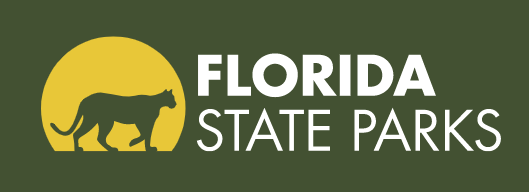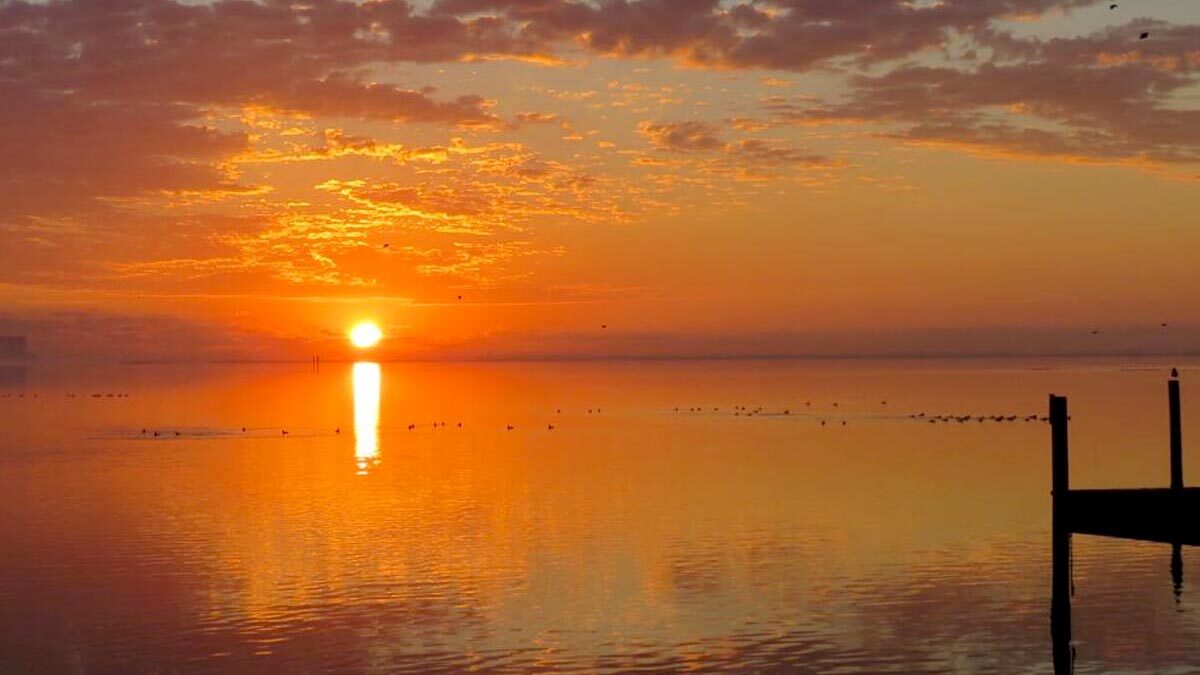Small changes make a big difference to the environment
Florida’s DEP, or Department of Environmental Protection, is an amazing resource for our state. Not only are they constant advocates for Florida’s eco-health, they are continually leading the charge on many sensitive topics, including alternative energy, sustainable development, conservation, preservation and greener living.
Preserving and protecting the state’s natural resources takes great commitment,” said DEP Secretary Colleen M. Castille. “Florida’s citizens can help make a positive impact in 2006 by adopting environmentally-friendly practices.”
Today in their news feed, I received this and wanted to pass it on. Not just New Year’s resolutions, but green New Year’s resolutions. To help you get started, here are ten simple resolutions that will make 2006 cleaner and greener.
Conserve energy
Use less power. Conduct an energy audit on your home to determine areas for improvement. Energy specialists can identify areas where you can save energy at little or no cost. We replaced every bulb in our home with LED and you can see the savings.
Drive Less
During COVID, I’ve driven so little, and it’s reshaped our lives. Bike, walk, bus or carpool at least one day a week. Explore alternative means for transportation to protect Florida’s air quality. Clean air is important to our health and our environment.
Recycle wisely
Buying products made of recycled content helps maintain the market value of recyclable materials. Check with your city and know what is recyclable. So much of the stuff we put in our green and yellow bins can’t be recycled, and it just goes to the landfill. To learn more about recycling visit https://floridadep.gov/waste
Build it green
A green home uses less power and water, which pays for itself over time. Reduce impact from remodeling or building a new home by recycling your construction waste, using re-claimed building materials, using less toxic materials, paints and finishes, and designing your project to conserve energy.

Compost leftover food
Composting is an easy way to reduce the amount of garbage produced per household.
Conserve water
Check bathroom fixtures for leaks. If you hear dripping or it takes a long time to refill your tank, you probably need to do something. Don’t wait. Replace old toilets with more efficient ones. Check your water service. The City of Melbourne recently had to replace our meter and we were losing water. Our bills went from $100+ a month to 30-something. Wow!. And take a good look at your lawn. Can you remove areas of grass and replace with mulch or ground cover? Are your sprinklers working. Plan for a more efficient summer irrigation.
Handle hazardous waste properly
Reduce or eliminate use of chemicals and pesticides to fertilize lawns and gardens. Garden naturally and take leftover hazardous waste to County household collection centers free of charge. Weed killers are notorious for the damage they do, once they wash down storm water drains. And don’t over fertilize.
Septic Tanks
If you run a septic tank, make sure it’s up to snuff. Leaky tanks are a major contributor to the poor health of the Indian River Lagoon, especially if you live close to water. Maintain or replace these, especially if they’re really old.
Volunteer in your community
The tireless efforts of volunteers play a vital role in protecting and conserving Florida’s natural resources. Help maintain and preserve the state’s greenways and trails, parks and coastal areas.

Enjoy the great outdoors
Visit Florida’s award winning State Parks. Ask about activities and special nature programs.
For more information about Florida State Parks at https://www.floridastateparks.org/
Learn about your environment
Visit one of the education centers at Florida’s Coastal and Aquatic Managed Areas (CAMA). Learning about the state’s coastal treasures increases understanding for the need to protect its waters and important wildlife.
For more information visit https://floridadep.gov/rcp/coastal-access-guide/content/brevard-county
